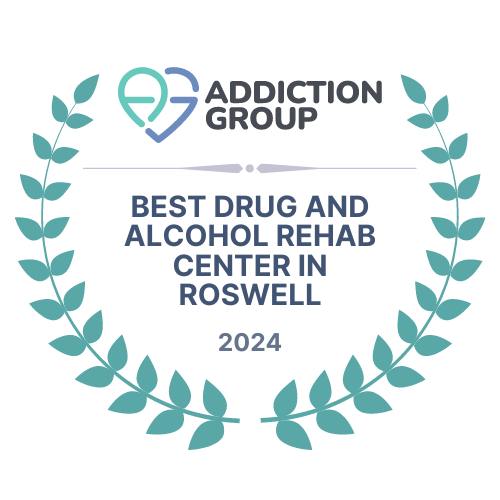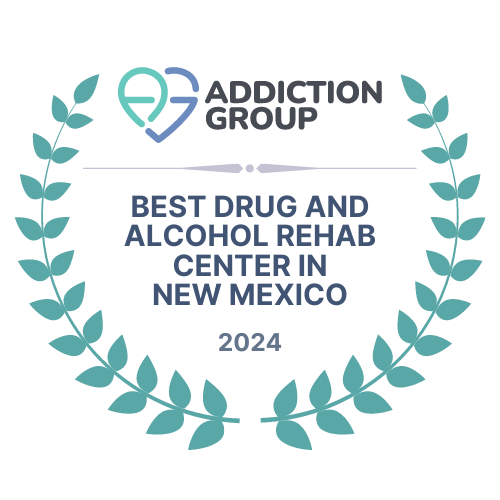How does MAT play a role in supporting individuals as they reenter society after incarceration? As individuals prepare to exit the prison system, they face a multitude of challenges, not least of which is maintaining sobriety if they have a history of substance use disorder (SUD). The transition from incarceration back into society is fraught with potential triggers for relapse, including the stress of reintegration, the stigma of a criminal record, and often, a lack of access to essential support services. Medication-Assisted Treatment (MAT) has emerged as a crucial bridge in this transition, offering not just a lifeline for those battling SUD, but a foundation upon which to build a new life. At Renew Health, we recognize the transformative potential of MAT in the reentry process and advocate for its integration into comprehensive reentry plans.
Understanding MAT and Its Importance
MAT combines FDA-approved medications with counseling and behavioral therapies to treat SUD, particularly opioid use disorder. This approach is evidence-based, reducing cravings and withdrawal symptoms, thereby allowing individuals to focus on their recovery and reintegration into society. However, the availability of MAT services for individuals being released from prison is often limited, creating a significant barrier to successful reentry.
The Challenges of Reentry
The reentry period is a critical time when individuals are most vulnerable to relapse. The stress associated with finding employment, housing, and rebuilding relationships can be overwhelming, especially without a support system. For those with a history of SUD, the risk of overdose is significantly increased due to lowered tolerance levels after a period of abstinence in prison. Ensuring access to MAT during this time can be life-saving and is essential for a smooth transition.
Bridging the Reentry Gap with MAT
Integrating MAT into the reentry process involves several key strategies:
- Pre-release Planning: Initiating Medication-Assisted Treatment prior to release can stabilize individuals and provide a seamless transition to community-based treatment. This requires coordination between correctional facilities, healthcare providers, and community organizations.
- Policy Advocacy: Advocating for policies that support the continuation of MAT post-release is critical. This includes funding for MAT programs, training for correctional and healthcare staff, and regulations that facilitate rather than hinder access to treatment.
- Community Partnerships: Building partnerships with community organizations that can provide ongoing support, including housing, employment assistance, and counseling, is essential. These partnerships ensure that MAT is part of a comprehensive support system, addressing the holistic needs of the individual.
- Education and Stigma Reduction: Educating the public, employers, and housing providers about the benefits of MAT and the realities of SUD can help reduce stigma and increase acceptance of individuals in recovery.
Success Stories and Models
Several states and local jurisdictions have successfully implemented MAT programs in correctional facilities, with promising results. For example, the Rhode Island Department of Corrections’ Medication-Assisted Treatment program saw a significant reduction in post-release overdose deaths. These models serve as a blueprint for how Medication-Assisted Treatment can be effectively integrated into the reentry process.
Renew Health’s Commitment
At Renew Health, we are committed to supporting individuals in their reentry journey through access to Medication-Assisted Treatment and comprehensive recovery services. Our approach is rooted in the belief that recovery is possible for everyone, and that access to effective treatment should not end at the prison gate. We work closely with community partners to ensure that our clients receive the support they need to navigate the challenges of reentry successfully.
Conclusion
The integration of Medication-Assisted Treatment into the reentry process is more than just a best practice—it’s a necessary step in addressing the opioid crisis and supporting individuals in their journey towards recovery and successful societal reintegration. By bridging the gap between incarceration and community reentry with Medication-Assisted Treatment, we not only save lives but also empower individuals to rebuild their lives with dignity and purpose. Renew Health is proud to be at the forefront of this important work, advocating for a future where every individual has the support they need to overcome the challenges of reentry and thrive in recovery.








